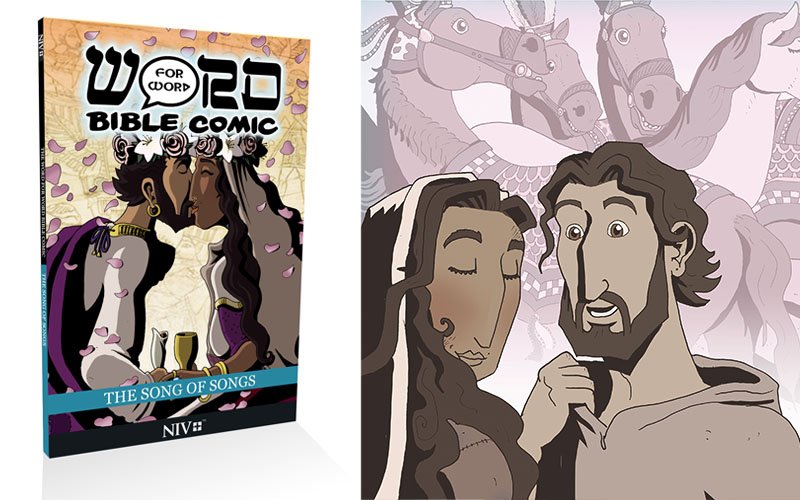Who was the Bride in Song of Songs?
In the Song of Songs, you might be surprised to realise that the main character/the key protagonist, is the bride and not Solomon or anyone else. She has most of the dialogue and the background, hopes, fears and even dreams within the story are hers. In literature, the "hero's journey" is a common template of stories that involve the protagonist going on an adventure, winning a significant victory, being transformed and/or returning home. The bride's tale embodies all these steps and her lover is more or less the supporting character.
We will look at whether she represents a larger truth in the next article, but within the book’s setting, who is she?
Origin: Towards the end of the story (6:13), we get the biggest clue as to where she is from . She is called the "Shulammite". This cannot be a proper name, but some propose that it is merely a title that is derived from her husband's name, Solomonite (i.e. Mrs. Solomon). However, it seems more likely (especially in the context of the verse) that the people calling to her don't know her name but know that she is from a village called Shulam, and call her a Shulam-ite (like an Israel-ite, or Canaan-ite). This village, identified with modern-day Sulam, and named Shunem in Joshua 19:18, was located in the Jezreel Valley, north of Mount Gilboa and close to Mount Moreh. Shunaam is also listed as a town conquered by the Egyptian pharaohs Thutmose III and Shoshenk I. It is first mentioned in the Amarna Letters.
Additionally, in verse 8:11 Baal Hamon is identified as the location of Solomon's vineyard, with the implied connection to her brothers as the tenant farmers of the land, connecting with the early verses about her working the vineyards (1:6). The identity of Baal Hamon is uncertain but a possible identification links with Balamo (LXX. Βεελαμων), mentioned in the Book of Judith (verse 8:3) in proximity with Dothan which is also within the Jezreel Valley.
However, another theory by exegetes such as Ibn Ezra a medieval Jewish writer, understands the word as “the Jerusalemite,” a feminine epithet derived from Salem (Hebrew shalem), an ancient poetic name for Jerusalem (Psalms 76:2). Given the many references to the city this is another possibility.
Family: From the story, we can infer that the woman’s father is not on the scene. This means he is deceased or estranged. The woman lives with her mother and brothers and is perhaps given preferential treatment as she is called her mother’s favorite (6:9). At the beginning of the story, she is somewhat of a Cinderella figure, slaving away in the fields and vineyards for her three wicked (or jealous) siblings, just a simple hard-working country girl.
In verse 7:1, she is referred to as "prince’s daughter" which seems like a contradiction at first, but if we keep her humble lifestyle in mind, it is possible that she is the daughter of the chiefs of one of the tribes of Israel. The word…
…is used for such tribal leaders/princes throughout Numbers, Joshua, Kings, Chronicles and other books. Perhaps most relevantly here: "Then King Solomon summoned into his presence at Jerusalem the elders of Israel, all the heads of the tribes and the chiefs ( ) of the Israelite families, to bring up the ark of the LORD’s covenant from Zion, the City of David." 1 Kings 8:1. If the woman’s home was Sulam/Shunem, her family lived in the tribal allotment of Issachar, so she was perhaps the daughter of a deceased "prince" or minor chief of Issachar. Another possibility is that calling her a “prince’s daughter” it simply idiomatic and means that she is of gracious and noble character (as when a lady is called a “goddess”).
Other hypotheses: Other theories suggest that the bride could be the Queen of Sheba or Solomon’s first wife, who was a princess from Egypt, but the bride's stated background of slaving away in a vineyard in the hot sun (1:6), running about the streets at night (3:1-4), owning goats (1:8), and coming up from the wilderness (8:5) do not fit a royal engagement.
Thanks for reading this article. You can now buy the Song of Songs: Word for Word Bible Comic: NIV Edition in our online shop:








